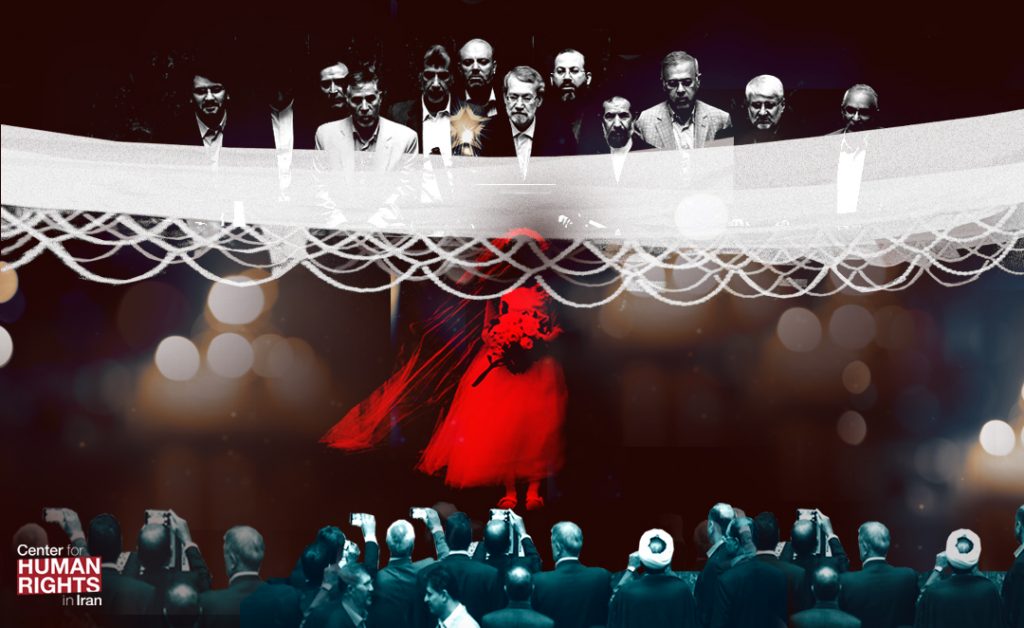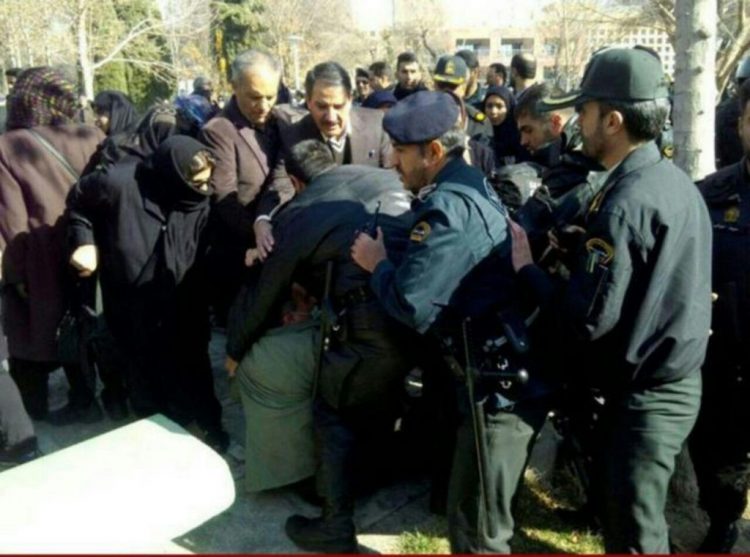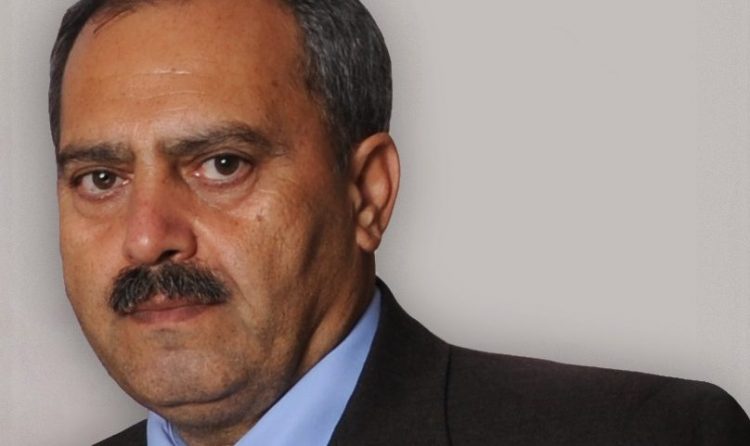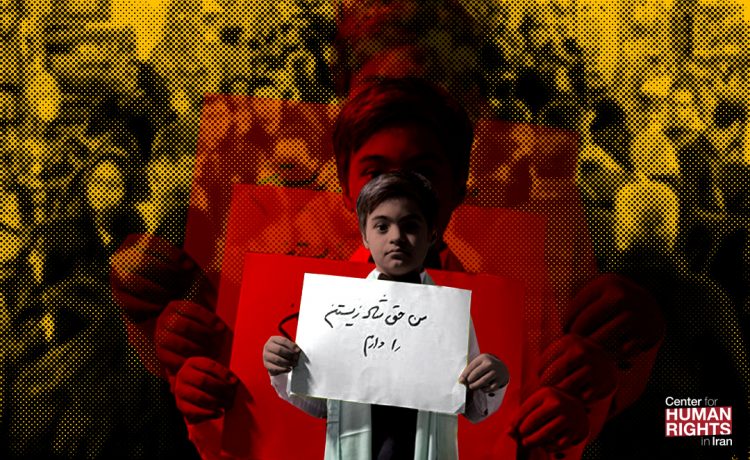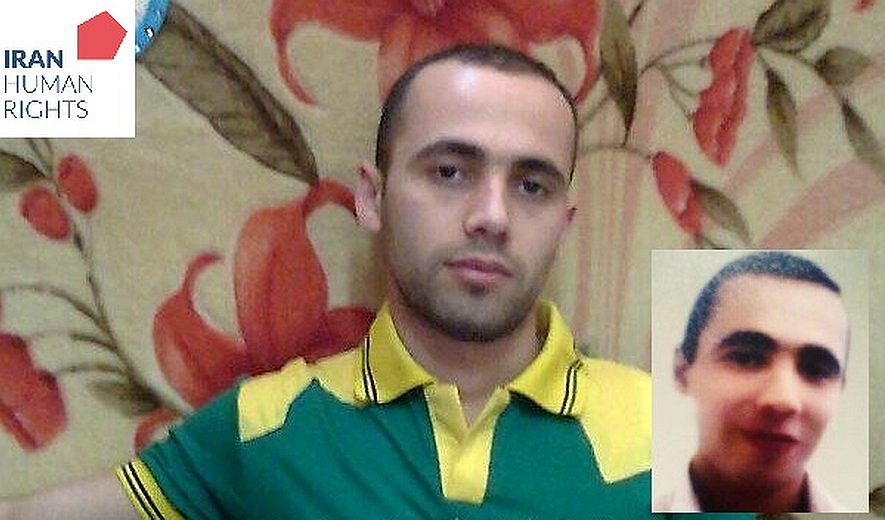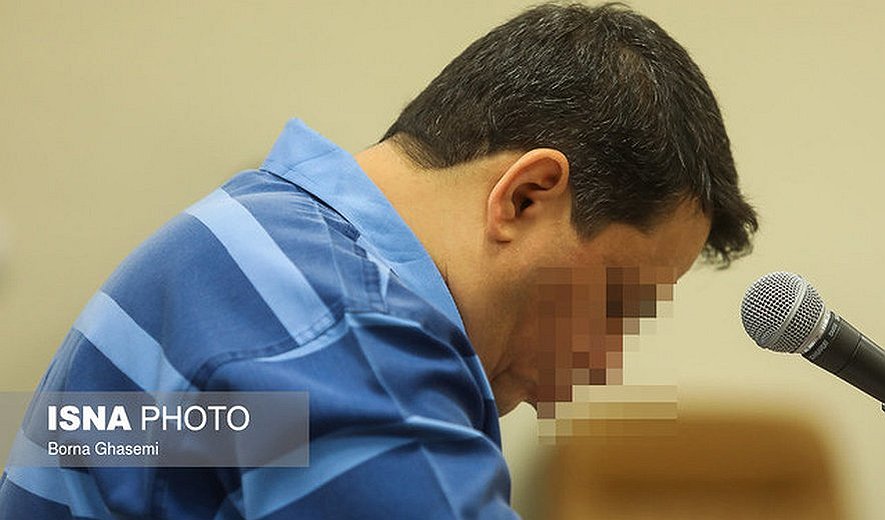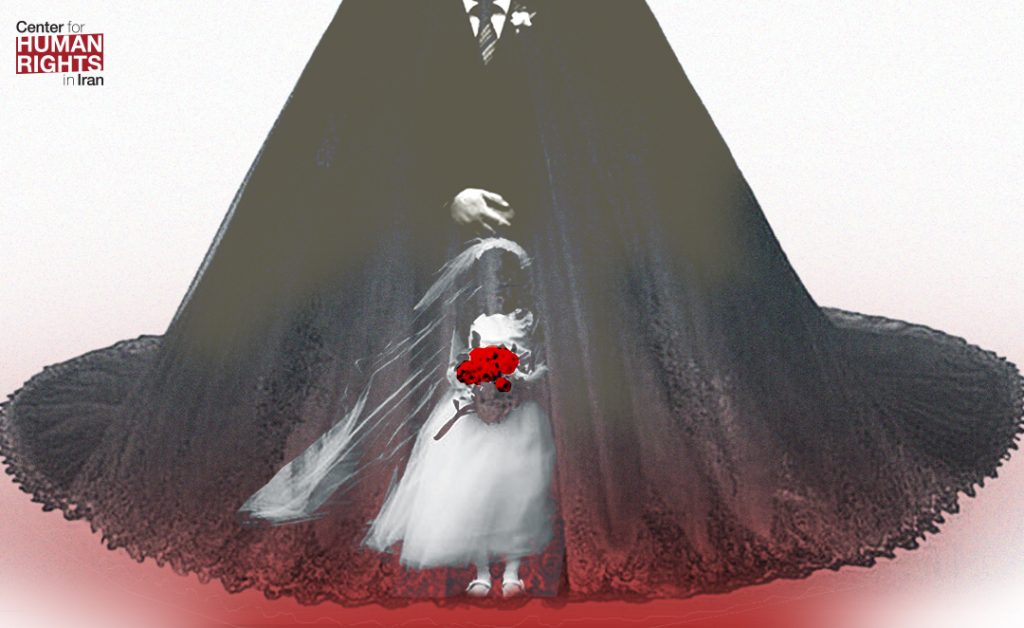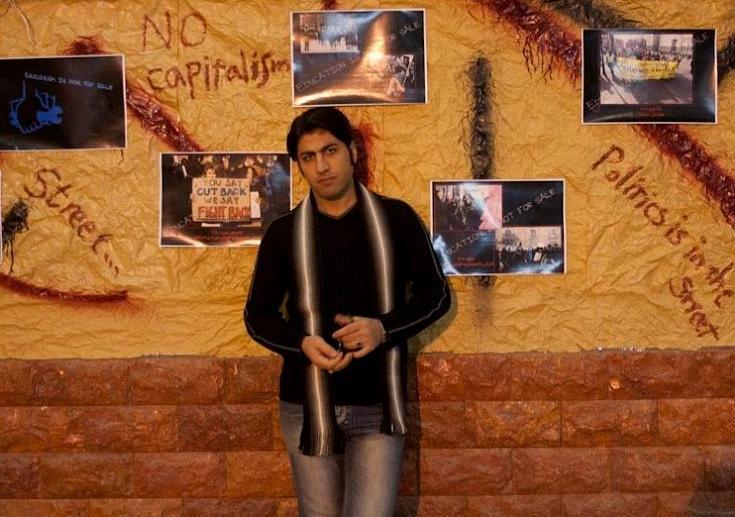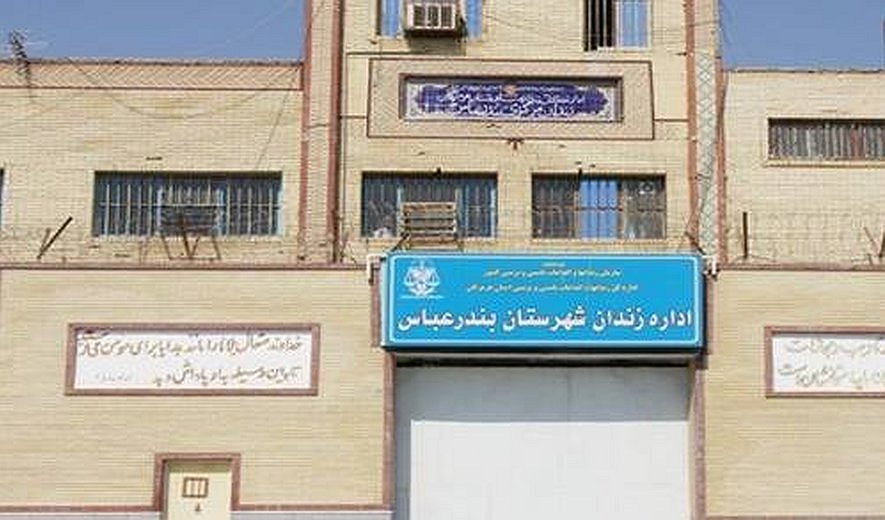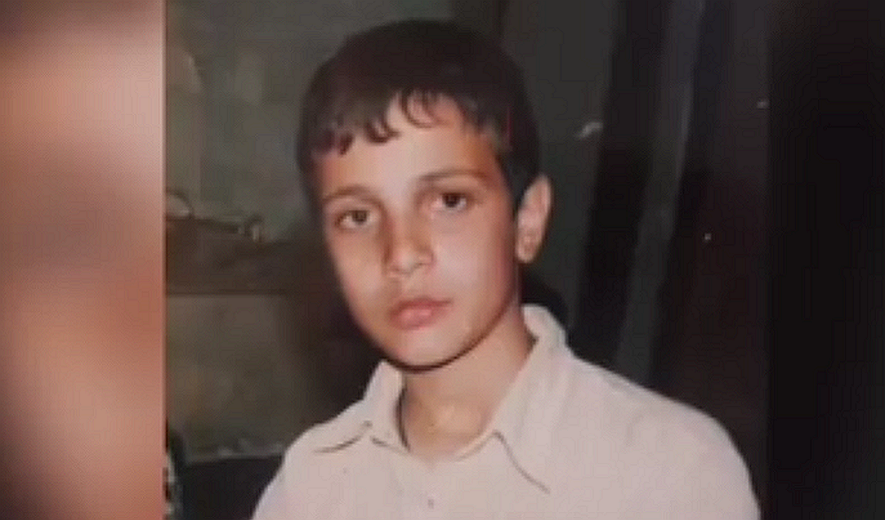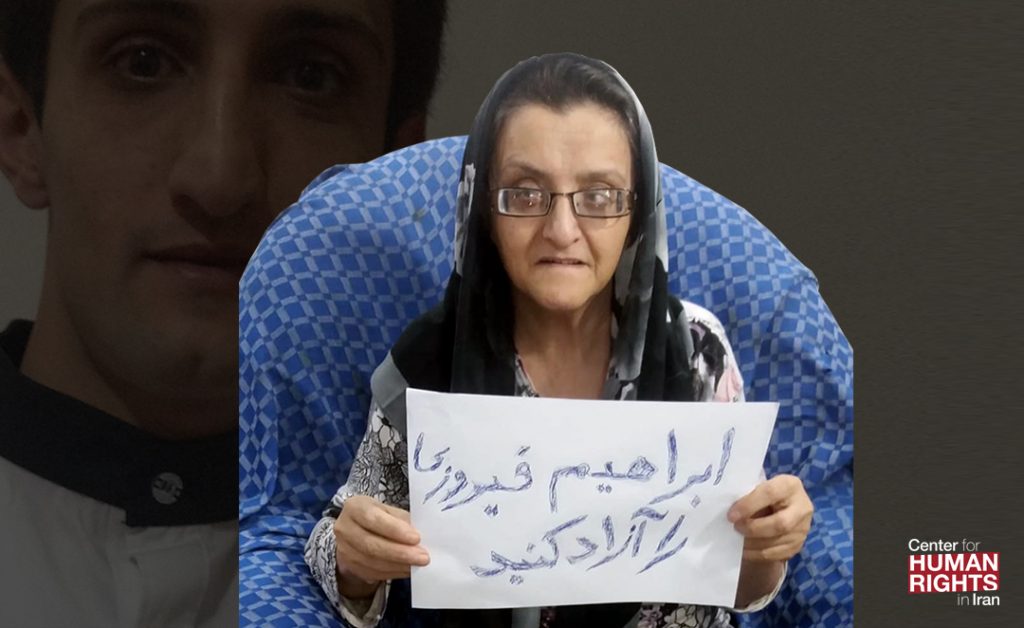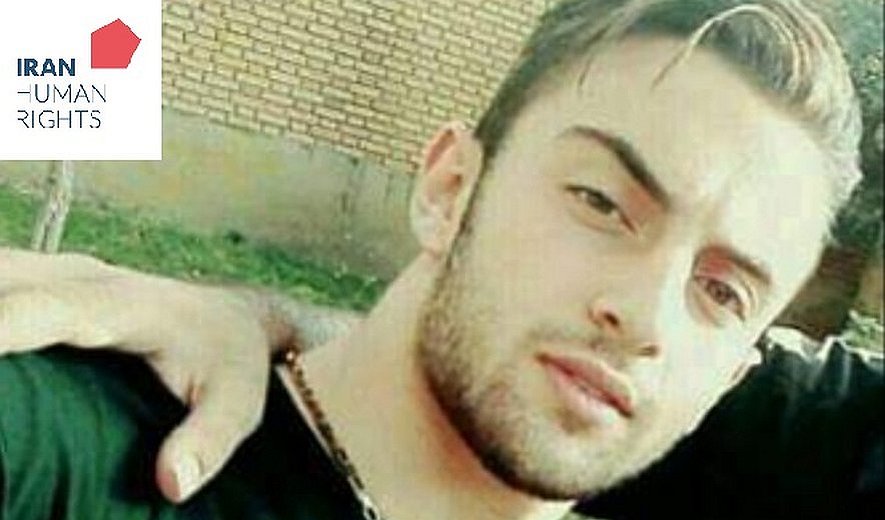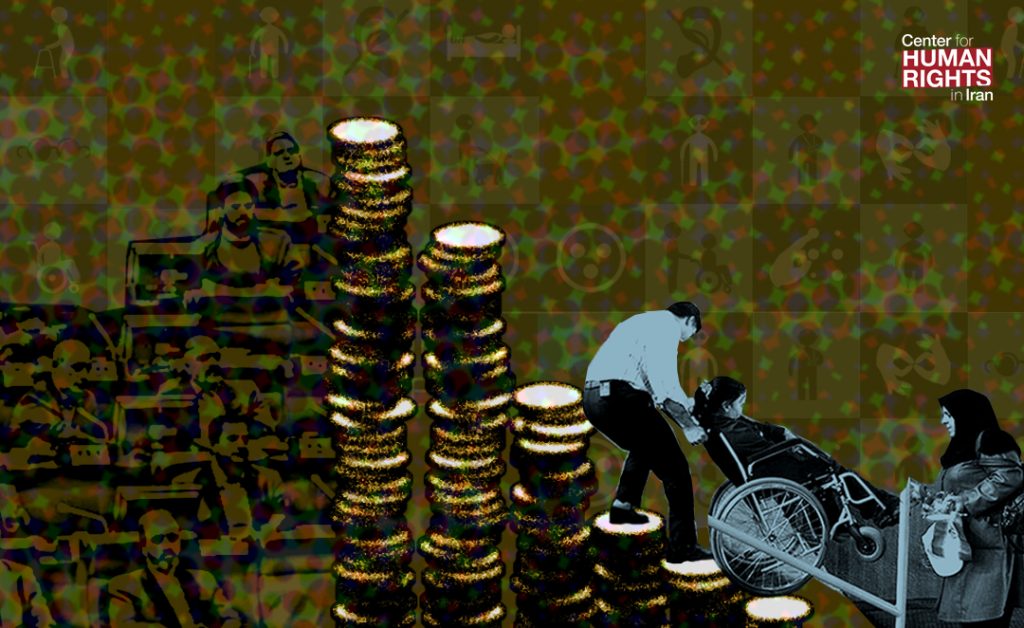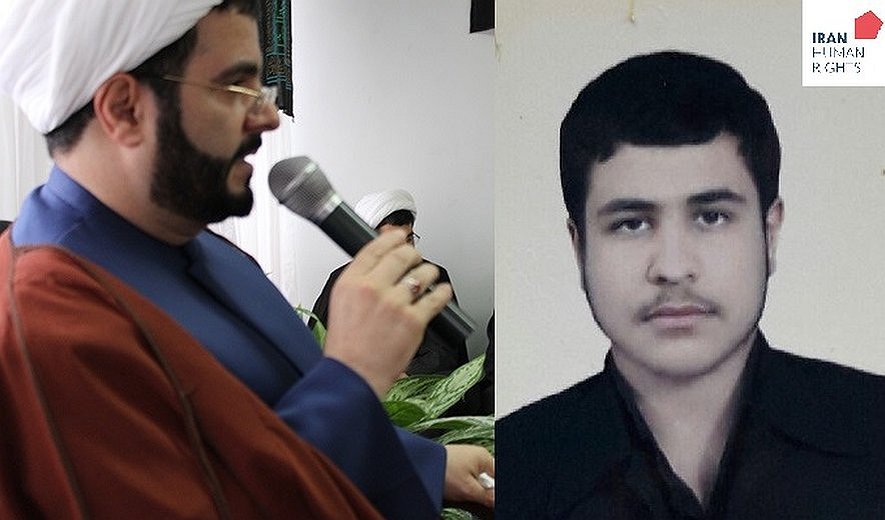Iran: Public Execution of a
Person with Mental Illnessاعدام یک بیمار اعصاب و روان در ملأ عام در شهر تفت
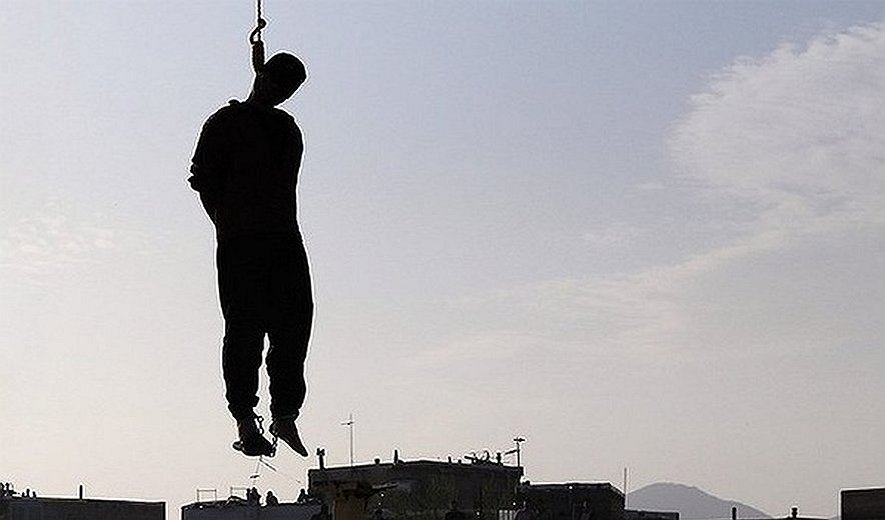
November 30,
2018
Iran Human Rights (IHR); November 30, 2018: A prisoner was hanged
in public at Iranian city of Taft (Central Iran) on Thursday, November 29. The
man was suffering from mental disability and had previously been hospitalized
in a Psychiatric hospital, according to the Iranian media reports.
According to Iranian media, the man whose first name identified as Kamran, was suffering from mental
disability and was hospitalized in a Psychiatric hospital before committing a
murder. Kamran was 19 when he murdered a 36 old woman; and told the prosecutors
that he loved the victim. “I expressed my love to her and she refused. I
decided to take revenge,” the prisoner had said in his confessions.
According to the Yazd Province Judiciary Courthouse’s Public
Relations department, Kamran was hanged in public in Taft city, on the
morning of Thursday, November 29.
UN human rights experts, including the former Special Rapporteur on
the Situation of Human Rights in Iran, had previously drawn particular
attention to continued reports of public executions. “a dehumanizing effect on
both the victim and those who witness the execution” and ultimately reinforced
the “already cruel, inhuman and degrading nature of the death penalty,” UN
experts said.
Iran Human Rights (IHR) warns against the new wave of executions in
Iran and urges the UN, EU, and countries with diplomatic relations with Iran to
react immediately and accordingly.
“We demand the halt of all executions, especially public executions
which are inhumane and disdainful, and increase the level of violence in
society, ”IHR spokesperson and director, Mahmood Amiry-Moghaddam, emphasized,
“At the first anniversary of the nationwide protests in Iran, we are concerned
that the Iranian authorities will use more executions and terror to avoid new
protests.”
IHR
has previously reported about other cases where
people with mental illness have been executed in Iran.
